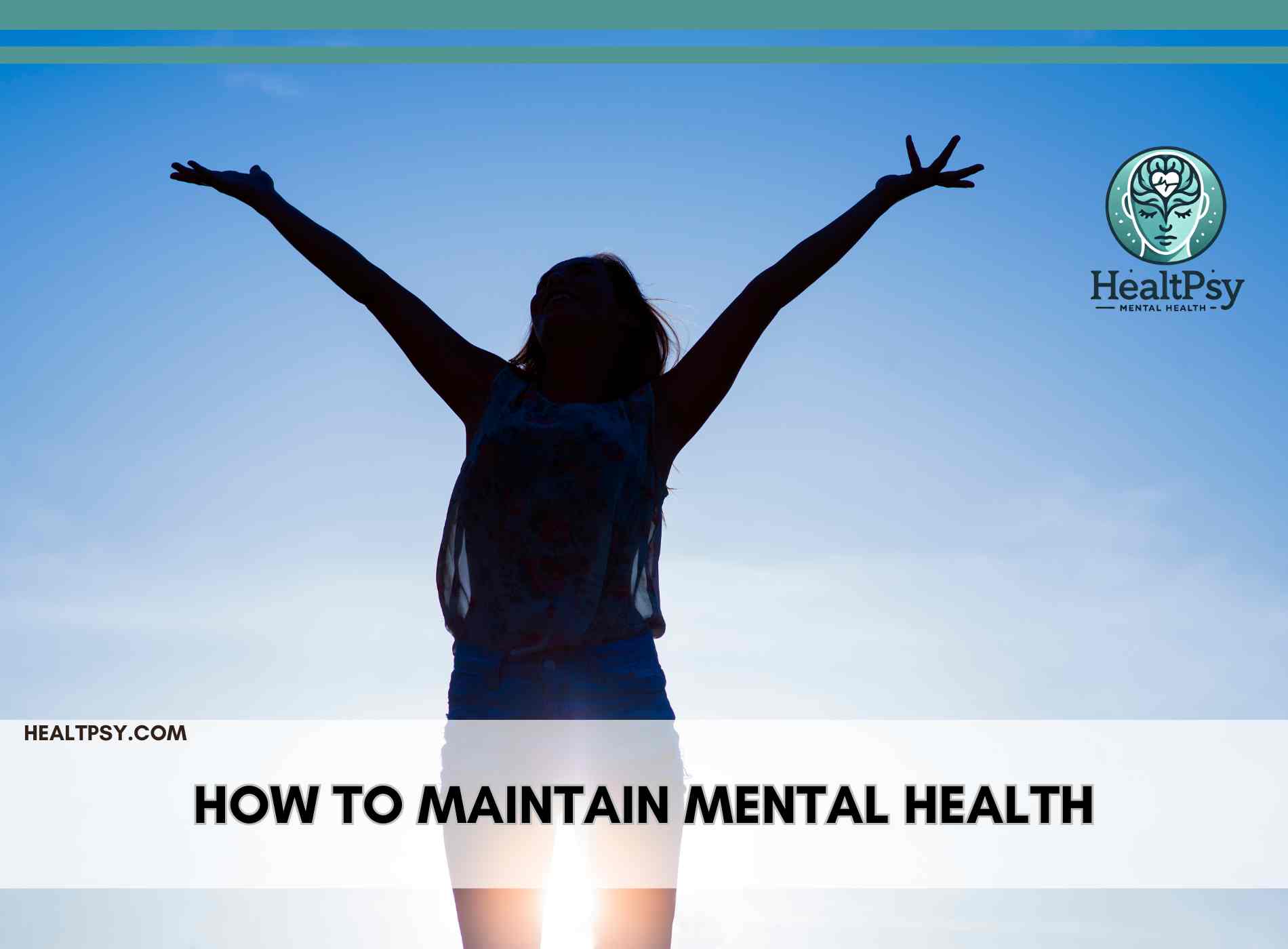The Benefits of Mindfulness for Mental Health
Introduction
What is Mindfulness?
Mindfulness is the act of bringing one’s complete attention to the present moment without judgment. It involves awareness of thoughts, emotions, and physical sensations, enabling individuals to experience life more fully. Practices like meditation, deep breathing, and mindful observation are integral components of mindfulness.
How Mindfulness Enhances Mental Health
1. Reduces Stress
Mindfulness helps reduce stress by encouraging individuals to focus on the present rather than dwelling on past regrets or future anxieties. Studies have shown that mindfulness-based stress reduction (MBSR) techniques significantly lower cortisol levels, the hormone associated with stress.
2. Improves Emotional Regulation
Practicing mindfulness helps individuals recognize and accept their emotions, reducing impulsive reactions and promoting a balanced state of mind. Mindfulness also allows people to create a “pause” before responding to situations, enabling thoughtful actions instead of impulsive ones.
3. Combats Anxiety and Depression
Mindfulness-based cognitive therapy (MBCT) is an evidence-based approach for preventing relapse in depression and managing anxiety. It combines mindfulness techniques with cognitive behavioral strategies to break negative thought patterns, providing individuals with tools to navigate challenging emotions.
4. Enhances Focus and Productivity
Mindfulness improves concentration by training the brain to focus on one task at a time. This can lead to enhanced productivity in both professional and personal life. In today’s world, where distractions are abundant, mindfulness for mental health has proven essential in maintaining focus.
5. Improves Sleep Quality
Sleep disturbances are common for individuals with mental health challenges. Mindfulness practices like body scan meditation and mindful breathing help calm the mind and prepare the body for restful sleep.
6. Fosters Self-Compassion
Mindfulness encourages individuals to treat themselves with kindness and understanding, reducing self-criticism and fostering a healthier self-image. By practicing self-compassion, individuals can build resilience and develop a more positive outlook on life.
Practical Mindfulness Techniques
- Mindful Breathing: Focus on your breath for a few minutes daily to calm the mind.
- Body Scan Meditation: Mentally scan your body to release tension and relax.
- Mindful Eating: Pay attention to the taste, texture, and aroma of your food.
- Gratitude Practice: Reflect on things you’re grateful for and write them down.
- Mindful Walking: Focus on the rhythm of your steps and the environment around you. This simple practice can be a powerful way to use mindfulness for mental health improvement.
The Science Behind Mindfulness
Research supports the benefits of mindfulness for mental health. A study published in the Journal of the American Medical Association (JAMA) found that mindfulness meditation is as effective as antidepressants in managing symptoms of anxiety and depression. Brain imaging studies have also shown that mindfulness increases gray matter density in areas of the brain associated with memory, learning, and emotional regulation. Additionally, regular mindfulness practice has been linked to reduced inflammation, contributing to better physical health.
Resources
Conclusion
Mindfulness is a powerful tool for improving mental health, offering benefits that range from reduced stress and anxiety to enhanced focus, emotional resilience, and self-compassion. By incorporating simple mindfulness practices into daily routines, such as mindful breathing or gratitude journaling, individuals can cultivate a greater sense of peace, emotional balance, and overall well-being. In a fast-paced world filled with challenges and distractions, taking time for mindfulness is not just a practice but a transformative investment in long-term mental health and happiness.
you might also like




